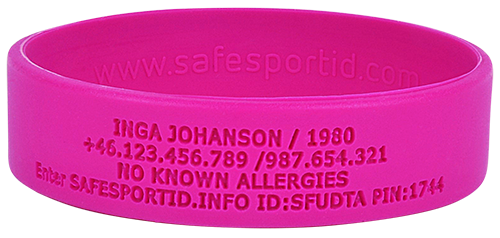The Ironman World Championships is enjoying its 41st edition in Hawaii this year. Since the inception of the event, its magic and legendary status has only grown, planting a seed in triathletes’ minds that’s impossible to dislodge until they’ve experienced the thrill of going to Kona.
With a brand as strong as the competitors who take part in its races, it’s easy to forget that what we now take for granted as Ironman began as little more than a dare between athletes to settle the bet of who were the fittest: swimmers, cyclists or runners.
The beginnings in 1978
The original Ironman was conceived during the Oahu Perimeter Relay awards ceremony in 1977, where athletes from the Mid-Pacific Road Runners club and the Waikiki Swim club engaged in the usual debate about which sport created the best endurance sportsmen.
Commander John Collins of the US Navy suggested an ultimate race to settle the debate once and for all. A combination of three already incredibly tough events held on the island of Oahu: the Waikiki Roughwater Swim, a 3.8k sea-swim; the Around Oahu Bike Race, a gusty, crosswind-dogged 185k course (reduced to 180k for the Ironman) and the Honolulu Marathon, a standard 42,2k running race in baking hot Hawaiian conditions.
On February 18th 1978, there were only 15 competitors willing to drag themselves through such a monumental sporting challenge. Each of the competitors had their own support crew providing food and drink as the race went on – beer in the case of John Dunbar, a US Navy SEAL whose support team ran out of water during the marathon, but who managed to finish second all the same. Gordon Haller, a US Navy Communications Specialist, finished in 11:46:58, still very respectable for age-groupers today, and earned the right to be crowned as the first ever Ironman.
Just one year later, the only female competitor Lyn Lemaire, finished sixth overall in 12:55:38 and became the first ever Ironwoman. Barry McDermott, a journalist for Sports Illustrated, happened upon the Ironman and wrote a 10 page feature on the event, prompting Collins to receive hundreds of race applications over the next year.




